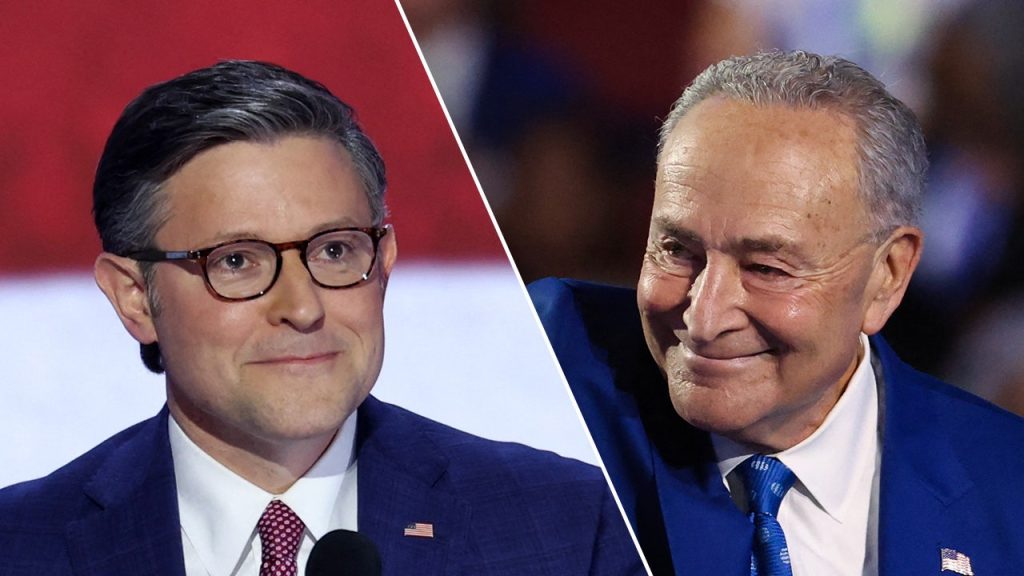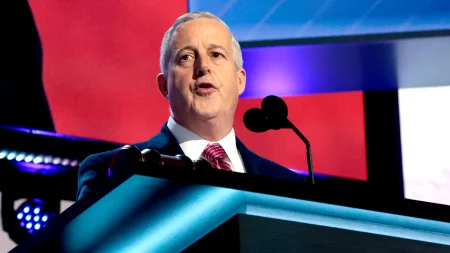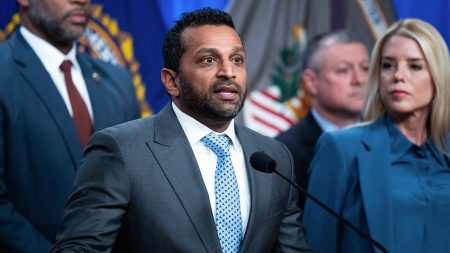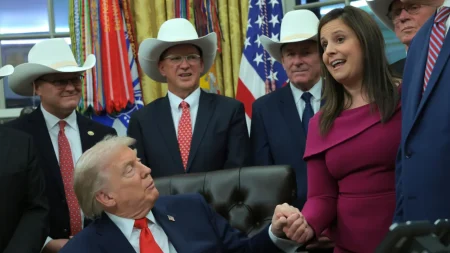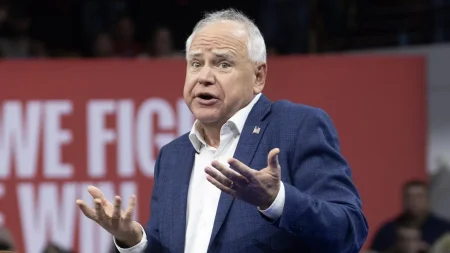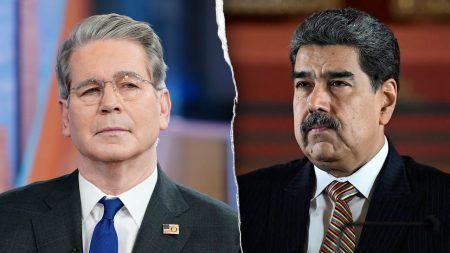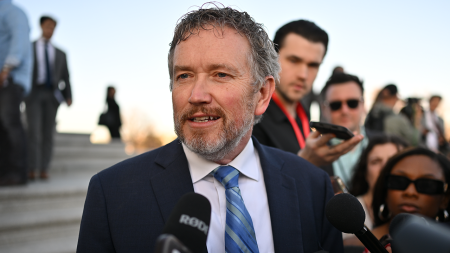The U.S. narrowly averted a government shutdown in the early hours of Saturday morning as the Senate passed a stopgap spending bill, ending a dramatic week of political maneuvering and public pressure from unexpected sources. The final version of the bill, the third iteration in a matter of days, secured bipartisan support in both chambers of Congress and cleared the way for President Biden’s signature, preventing a disruption in government services. The chaotic process underscored the deep divisions within the Republican party and the growing influence of outside figures like Elon Musk in shaping legislative outcomes.
The saga began with the release of a comprehensive 1,547-page stopgap bill earlier in the week. Designed to extend government funding through March 14, 2024, the bill included over $100 billion in disaster relief, $10 billion in agricultural aid, and a cost-of-living adjustment for lawmakers. However, the bill, while initially appearing to have bipartisan support, quickly became a target of criticism from influential conservatives, most notably Elon Musk. Musk’s public denouncement of the bill, coupled with a joint statement from former President Trump and his running mate, JD Vance, condemning the measure as excessive spending, threw the legislative process into disarray. The intervention of these figures, particularly Musk, highlighted the unusual dynamic of non-elected individuals wielding significant influence over congressional decisions.
Responding to the mounting pressure, House Republicans scrambled to rewrite the bill. Their revised proposal shortened the funding extension to three months and incorporated Trump’s demand for a two-year suspension of the debt ceiling, a move aimed at preventing the government from reaching its borrowing limit and potentially defaulting on its obligations. This version, however, failed to garner sufficient support in the House, with a combination of Democrats and fiscally conservative Republicans voting against it. The failed vote further exposed the fractures within the GOP, with some members prioritizing fiscal restraint over party unity, even at the risk of a government shutdown.
The failure of the second bill pushed negotiations to the brink. Senate Democrats, including Majority Leader Chuck Schumer and Appropriations Committee Chair Patty Murray, stood firm on their demand to revert to the original stopgap measure, blaming Republican infighting and external pressures for the impasse. They publicly criticized Musk’s involvement, arguing against the influence of unelected billionaires in government affairs. Tensions escalated as the midnight deadline approached, with Democrats threatening to remain in session through Christmas if necessary to avoid a shutdown.
Finally, in the pre-dawn hours of Saturday, a third version of the spending bill emerged. This final iteration retained the disaster relief and agricultural aid from previous versions but omitted the controversial debt ceiling suspension. This compromise, while representing a concession by Trump and his allies, proved palatable enough to garner broad bipartisan support in both chambers. The House passed the bill with a comfortable two-thirds majority, followed by the Senate, clearing the path for President Biden’s signature and averting a shutdown crisis.
The episode served as a stark reminder of the fragility of the legislative process and the increasing influence of outside voices in shaping policy decisions. The intervention of figures like Elon Musk, while highlighting the power of social media and public opinion, also raised concerns about the role of unelected individuals in undermining established political procedures. The ultimate passage of the stopgap bill, albeit after significant delays and revisions, underscored the importance of bipartisan cooperation in addressing critical government funding needs. However, the underlying tensions and divisions within Congress, particularly among Republicans, suggest that future legislative battles may be equally challenging.




